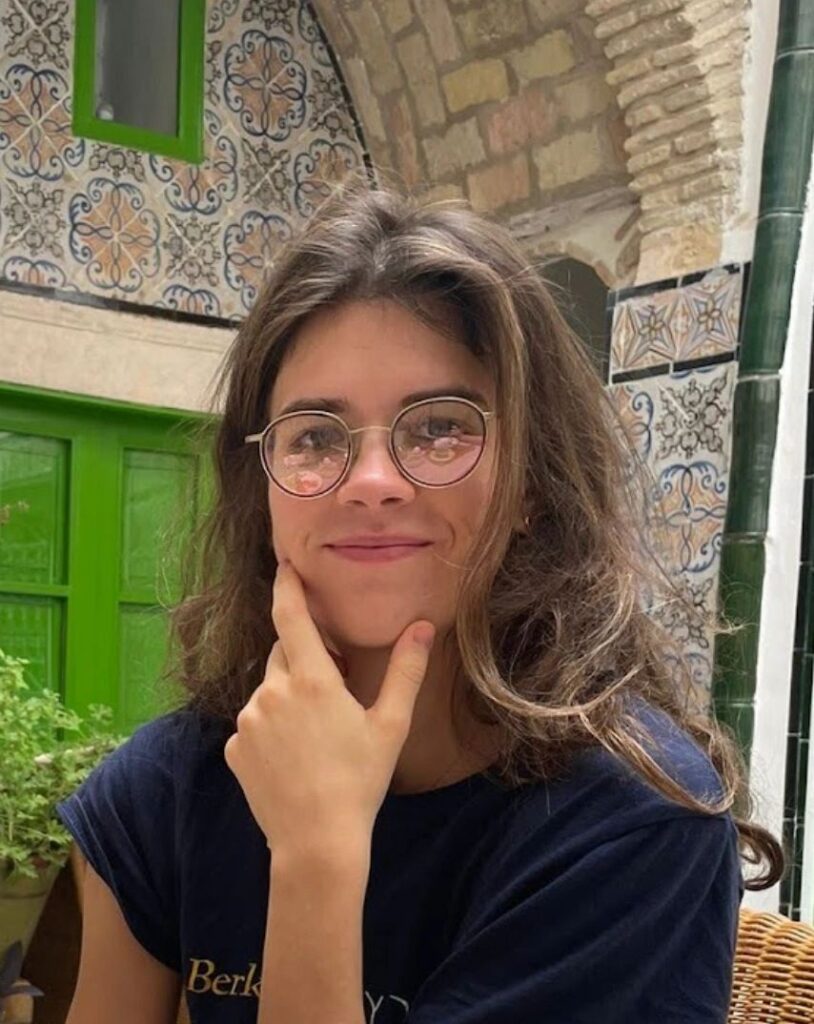
Green Success Stories sat down with Maria Szandrach, the founder of Mentalyc, to learn how they are helping empower psychotherapists to deliver the best care possible.
Maria, thank you for joining us. Tell us a little bit about your background.
I am the founder and CEO of Mentalyc. My journey as a serial entrepreneur was enriched by my previous role as a strategy consultant. Born in Poland, I’ve since lived in global hubs like London, Berlin, and California, fueling my insatiable curiosity and passion for discovering new cultures and perspectives. Beyond the realm of business, I have a deep love for activities like horse riding, skiing, water sports, climbing, and dancing. A pivotal chapter in my life was my battle with an eating disorder as a teenager. This profound personal experience is the driving force behind Mentalyc, a venture I’m deeply committed to.

What would you do with $1 billion dollars?
I would invest it in my startup, Mentalyc. Our mission is to empower psychotherapists to deliver the best care possible. Through the use of AI, Mentalyc automatically writes notes for psychotherapists, tracks patient progress, and provides recommendations for enhanced outcomes. I am deeply passionate about utilizing cutting-edge technology to reduce human suffering, and this investment would be a significant step towards that goal.
Why do you think sustainability is such an important topic today?
Caring for our environment is more than just a responsibility; it’s an act of kindness. It aligns with the values that I hold dear and believe that sustainability is pivotal for the well-being of future generations.
What do you envision your industry looking like in ten years?
I foresee a future where therapy is not only accessible but also effective and efficient. AI will be integral, handling over 70% of the process. Clinicians will be equipped with comprehensive data, allowing them to analyze their clients’ journeys and select the most effective treatments, as recommended by AI. Additionally, AI will manage intakes, monitor clients, and facilitate less intensive interventions.




